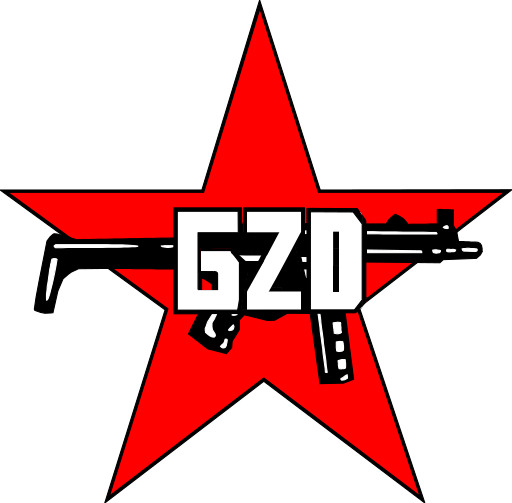Spicy question maybe, but I’m interested in your takes.
Personally, I think there’s some major issues with at least the terminology of the 2 phase model of lower/higher stage communism or socialism/communism as the terms are used in classical theory. Specifically the ‘lower stage’ or ‘socialism’ term is problematic.
In the age of revision and after the success of counterrevolution it has become clear that there is in fact a transitional phase leading up to the classical transitional phase. Societies did not jump from developed capitalism to socialism immediately and even the states that arguably did were forced to roll back some of the core tenets of ‘socialism’ as it is described in Marx, Engels and Lenin. Namely no private ownership of the means of production and no exploitation of man by man.
To ultras this just means countries following this path aren’t socialist. So then China isn’t, Cuba isn’t, no country still is really and those of us claiming they are then have to be revisionists. And to be fair, if you’re dogmatic you can make that point going from the source material. China itself recognizes this inconsistency, thus not seeing itself at the stage of socialism. Yet it’s a socialist state. But then what do we actually mean by ‘socialism’ when we use the term like this? Just a dictatorship of the proletariat? Any country in the process of building socialism?
That question comes up all the time and confuses the fuck out of people, because the term is either not applied consistently or as it’s defined is lacking. I think discourse in the communist movement and about AES would profit immensely if we had a more consistent definition or usage of the term or a better defined concept of what that transition to socialism is and how we should call it.

I’ve read recently that the vanguard structure of the Bolsheviks didn’t even emerge until a few years into the Civil War.
Too many self-described Communists today act like religious cultists who worship a few dead guys, and maintain a single-minded belief in some rapture-like “Revolution Day” where they can re-enact some dumbed-down of events that happened in 1917-1923. I believe this approach is misguided and counterproductive to the needs of the people here and now.
Why is looking towards the revolutionaries of the past a problem? That is a bit of an exaggeration, but why is it a problem to look towards those who have succeeded in the past and wish to emulate their efforts (loosely of course, as they themselves were all unique as the current situation is).
It’s not looking at them that’s the problem, it’s the obsessing and worshipping part.
That’s still extremely vague though. What does “worshipping” and obsessing mean to you? I’ve honestly never met anyone that calls themselves an ML (and not an ultra) who dogmatically worshipped or obsessed over revolutionary leaders.
Reading, discussing, pushing for, and standing by past revolutionary leaders and looking to them for inspiration or as role models is not obsessing.
I think they mean like the larpers at PCUSA who mostly talk about the valient fighters in WWII, the people at the haymarket riots, or old CPUSA people and act like they (and the people fighting on Russia’s side rn) are so great just because they share a name. Sure they might talk a bit about multipolarity, or their great many enemies (all the “ultra-leftists” from John brown to Gonzalo), but they never actually talk about US material conditions or strategy for revolution.